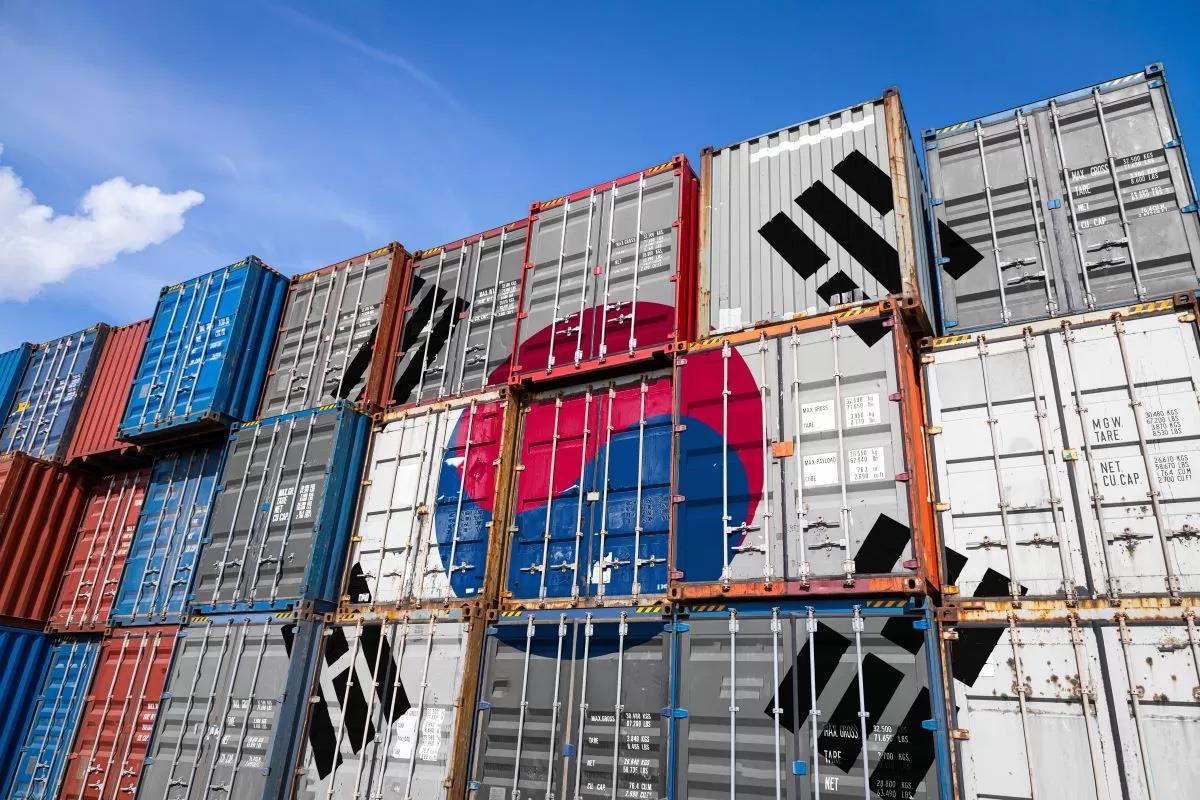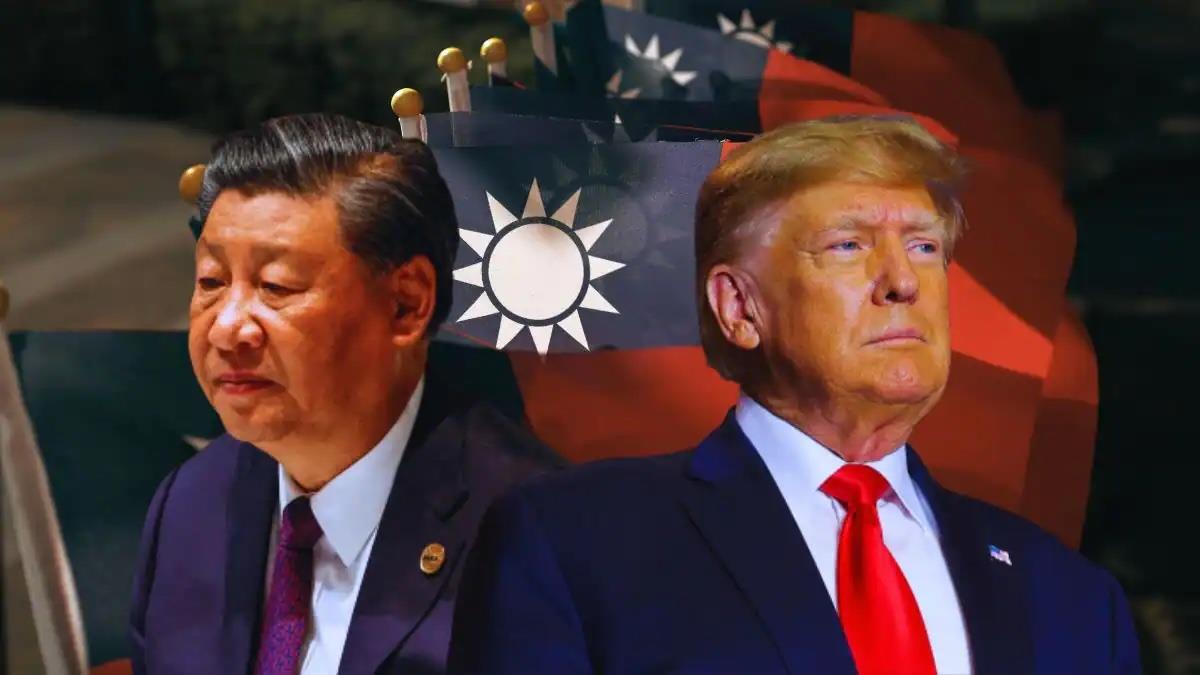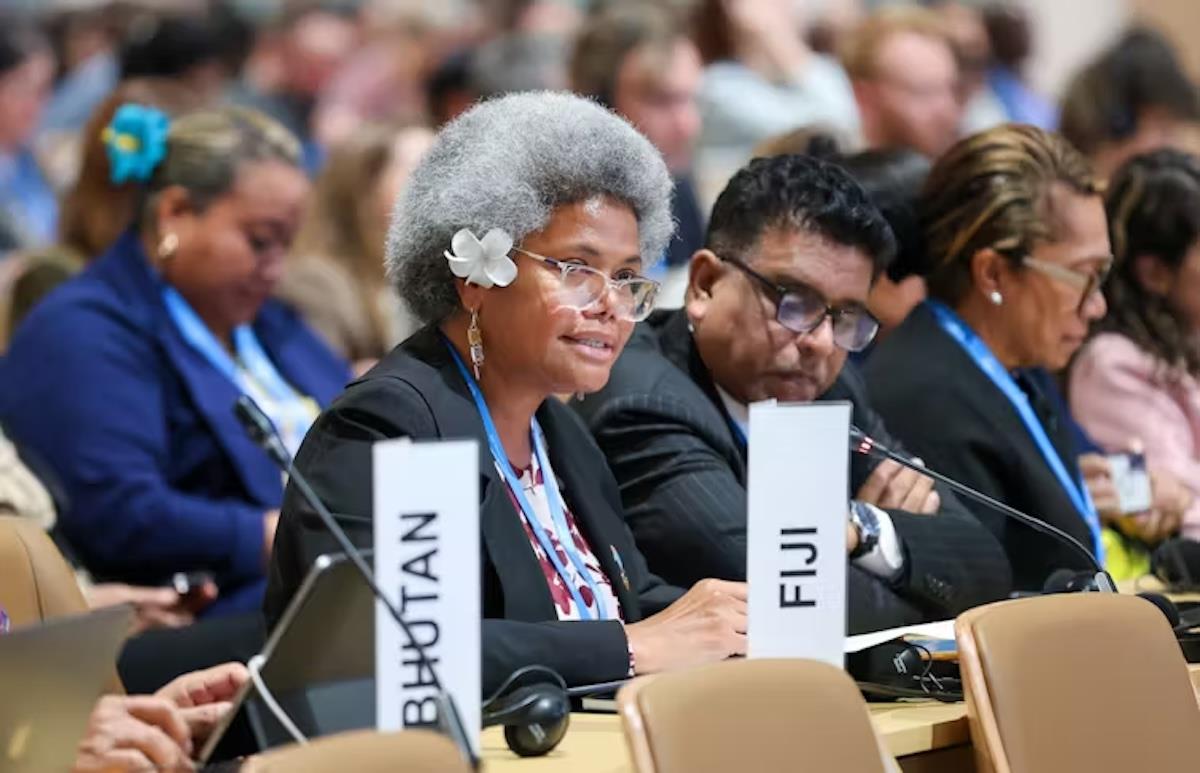
Trump Squeeze Coming For Vulnerably Sandwiched South Korea
Yet the team led by Governor Rhee Chang-yong is on the front lines of the two biggest 2025 imponderables: the experience of the US and Chinese economies and their respective markets.
Of course, Donald Trump's return to the White House ensures these two giants will collide , perhaps creating a third unknown: a huge trade conflict the likes of which the globe has never seen before.
Still, domestic considerations in both Washington and Beijing are already putting Rhee's BOK on the spot. In flux are the odds of a US Federal Reserve rate cut at its November 28 policy meeting - odds that are falling by the day.
Looked at one way, the case for a Fed easing move is buttressed by signs US employment growth may be slowing and that China's property crisis continues to generate deflation.
Korean inflation, meanwhile, is holding well below the BOK's 2% target. As the Korea Development Institute, a state-run think tank, puts it:“tightening of monetary policy through interest rate hikes appears to have been effective in curbing high inflation since 2022.”
Yet Rhee's decision is complicated by trends at home, particularly near-record household debt levels .
“The central bank faces a challenging situation of slower domestic demand and inflation below target,
which typically calls for rate cuts,” says Ashok Bhundia, an economist at the Institute of International Finance.“However, concerns about financial stability due to high household leverage complicate the decision.”
Bhundia's bottom line is that“delaying the next rate cut will allow more time for evaluating the incoming US administration's policy agenda and its potential impact on global trade, which would affect
Korea's growth and inflation outlook for 2025.”
That agenda could change things drastically as Trump 2.0 hits the ground running with 60% or more tariffs on China. And as Trump's team slaps 20% blanket, across-the-board levies on all goods globally.
Trump's cabinet picks - including Robert
Lighthizer, former and likely future trade czar - are mulling moves to devalue the dollar. This effort might happen unilaterally via aggressive intervention in currency markets or with another“Plaza Accord” gambit.
The reference here is to a 1985 pact to weaken the dollar versus the yen. It was forged by the top industrialized nations at New York's Plaza Hotel, which Trump owned for a time. Trump also wants to reduce the Federal Reserve's independence, giving his White House influence over interest rate decisions.
In August, Trump said“the Federal Reserve is a very interesting thing and it's sort of gotten it wrong a lot.” He went on to say that“I feel the president should have at least say in there, yeah. I feel that strongly. I think that, in my case, I made a lot of money. I was very successful. And I think I have a better instinct than, in many cases, people that would be on the Federal Reserve or the chairman.”
This is more the stuff of China than a Group of Seven central bank.

Legal Disclaimer:
MENAFN provides the
information “as is” without warranty of any kind. We do not accept
any responsibility or liability for the accuracy, content, images,
videos, licenses, completeness, legality, or reliability of the information
contained in this article. If you have any complaints or copyright
issues related to this article, kindly contact the provider above.






















Comments
No comment